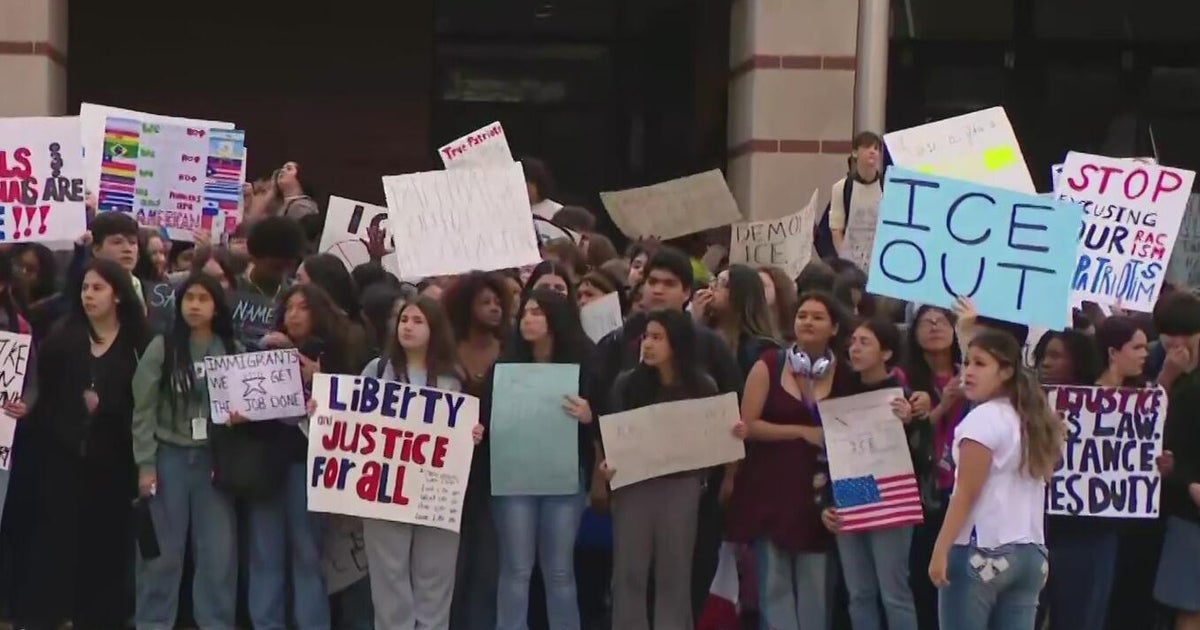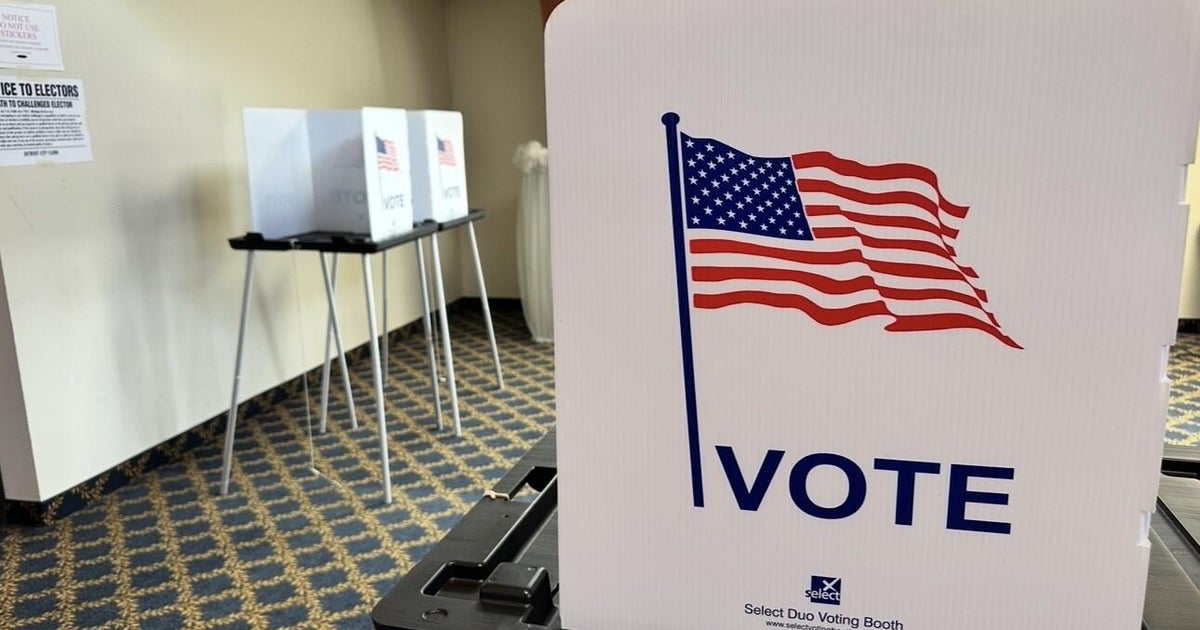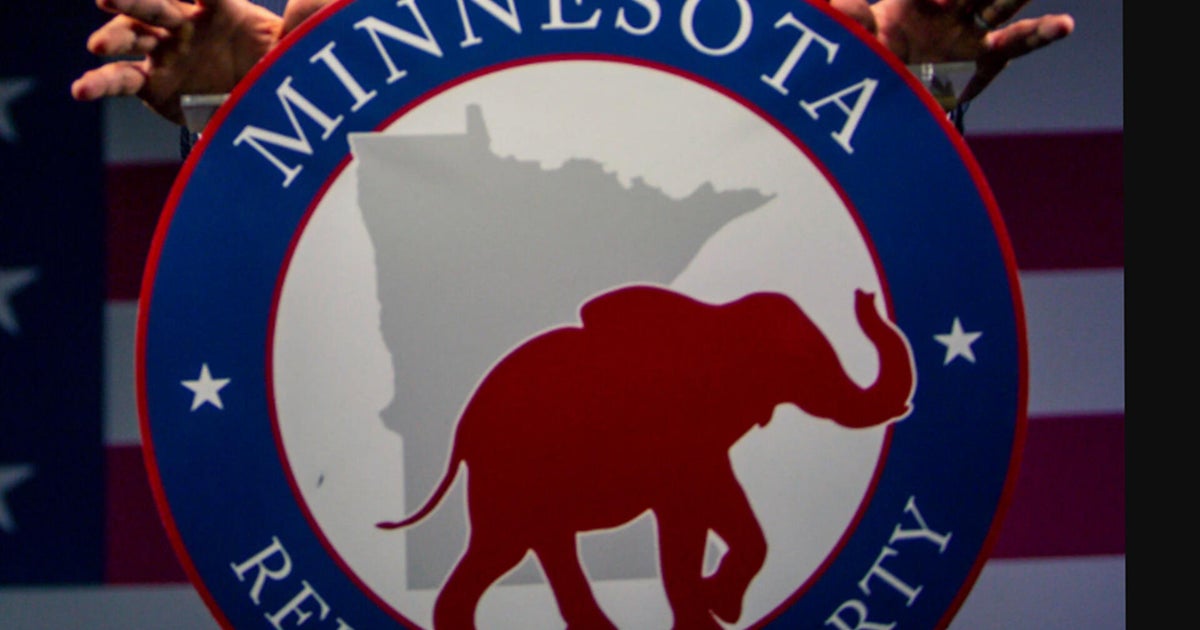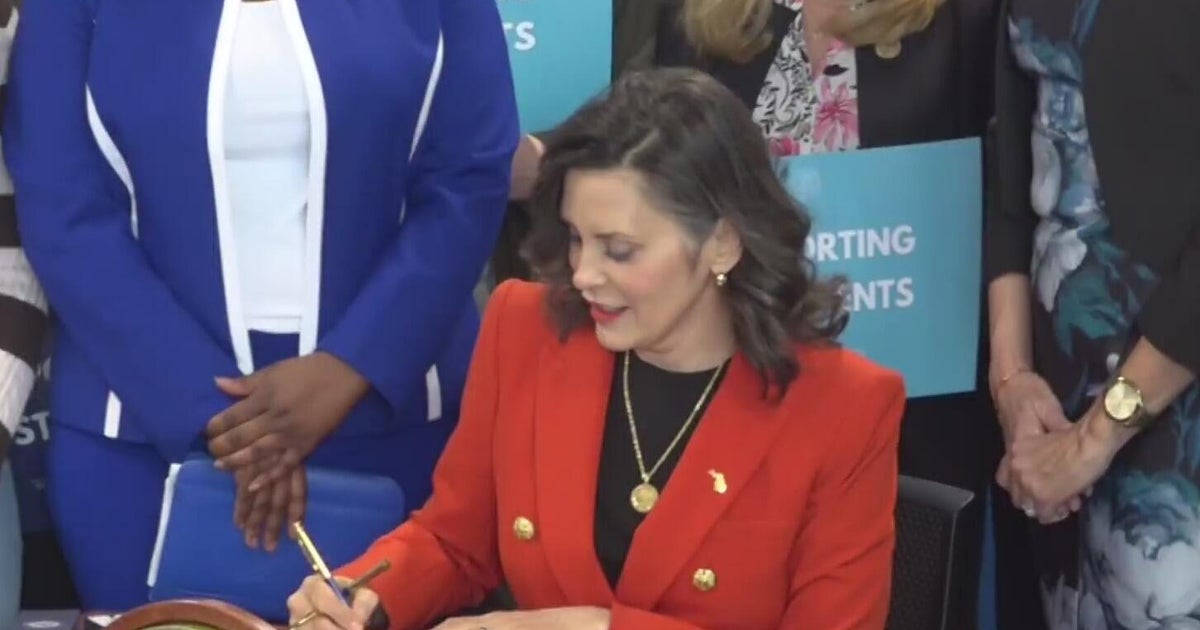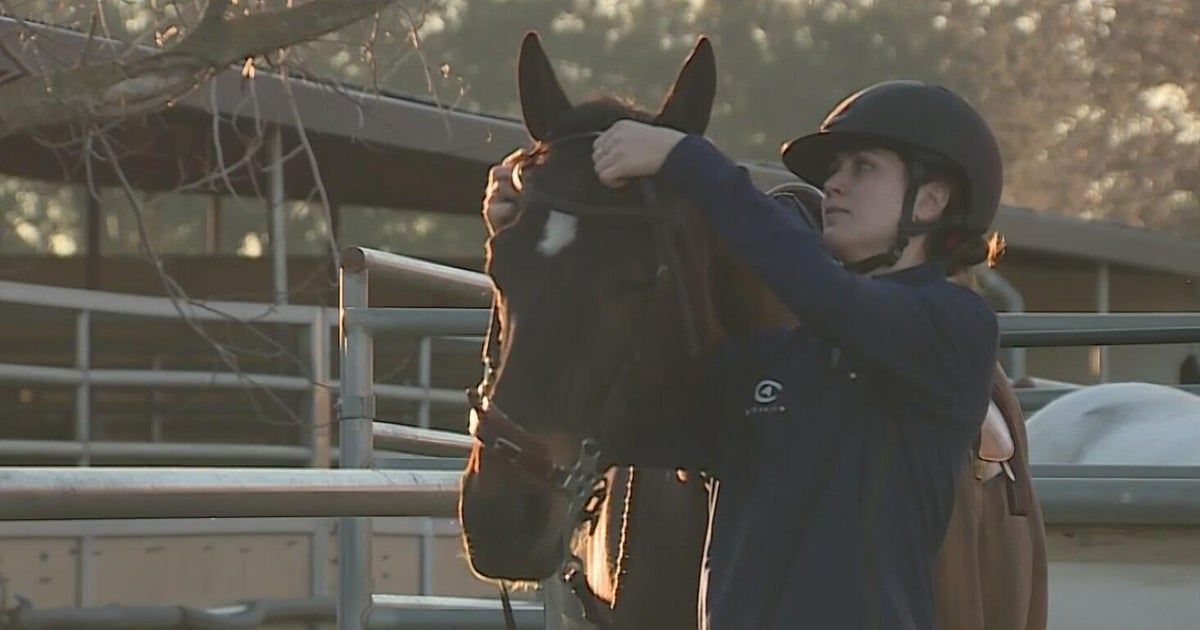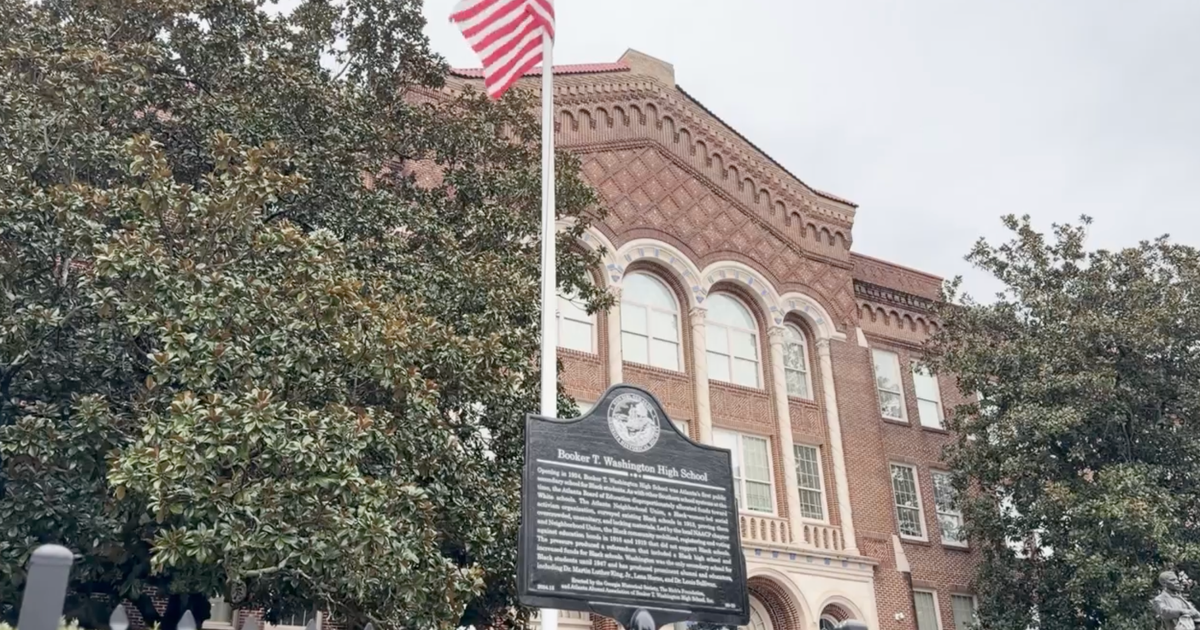Education Emerging As Issue In Abbott-Davis Race
SAN ANTONIO (CBSDFW.COM/AP) — Classrooms in Texas are dramatically changing in 2014. So might education politics in the governor's race.
Republican Attorney General Greg Abbott and Democratic state Senator Wendy Davis continued trading barbs Wednesday over public schools, despite neither yet unveiling an education platform — signaling a potentially more intense education debate ahead than in past gubernatorial elections.
Whoever replaces Gov. Rick Perry next year inherits a public school system undergoing a major makeover: Fewer high-stakes standardized tests, more charter schools and districts restoring most of a historic $5.4 billion spending cut to classroom budgets. Currently, two-thirds of Texas' public school districts are suing the state over the cuts they say prevented the state from meeting their legal responsibility to provide adequate public education funding.
That makes it unlikely Abbott or Davis will confront education emergencies if they succeed Perry, who won't leave office with the same legacy on public schools as predecessor George W. Bush. So instead, Abbott and Davis will duel over a future vision for Texas classrooms.
What Abbott isn't talking about is the past. He again declined Wednesday to weigh in on the Legislature slashing school funding in 2011, which led to more than half of the 1,000-plus public school districts in Texas suing the state in an ongoing case.
"I can't go back and reconstruct what was done in that legislative session, which was of course two legislative sessions ago," Abbott said during a visit to a San Antonio charter school. "What I could tell you is as a leader what I will be doing policy-wise, and that is setting our priorities on a different course."
Texas ranks among the worst in the country in per-pupil spending. Abbott said he couldn't express his view on current funding levels because of the lawsuit and his duties as attorney general.
"I can't give you an answer about adequacy of funding when I'm going to be in a courtroom next month defending the adequacy of funding," Abbott said.
Davis spokeswoman Rebecca Acuna called on Abbott to take a side on the 2011 schools cuts.
"I think Texas deserve a straightforward answer," Acuna said. "He refuses to say what his position is."
Abbott is visiting with educators statewide before unveiling his platform for public schools early next year. His discussion with administrators at a KIPP academy about whether the school year should be extended and how to raise graduation rates.
Abbott isn't surrendering education-first voters to Davis, who built her early political profile as a defender of education before finding the national spotlight this summer with an 11-hour filibuster of abortion restrictions.
Her first filibuster — in 2011 — delayed the Republican-controlled Legislature's gutting of school funding to help close a massive state budget shortfall. When she returned to the Capitol this spring, Davis was often the first Democrat on the floor questioning GOP budget writers about putting that money back.
Graduation rates and standardized test scores are on the rise in recent years in Texas, and the state has long prided itself on preparing students for college and careers with high accountability standards. Davis wants all school funding restored after lawmakers put back more than $4 billion this spring.
Acuna said Davis will roll out her education policy "very soon." Until then, Davis is using the topic to launch her biggest attacks yet.
She sought this week to align Abbott with those who support vouchers, in which families receive taxpayer dollars to remove their children from underperforming public classrooms and enroll them in private schools. Perry has called for vouchers but will end his 14 years in office without convincing lawmakers to act.
It's not a strictly partisan issue. This summer, the Republican-controlled House overwhelmingly approved a measure declaring that public money should stay in public schools. Rural Republicans especially tend to oppose voucher plans because their districts don't offer many alternatives to traditional public schools.
Abbott said vouchers weren't his focus.
"That said, we see competition works in every sector across the United States," Abbott said. "We know competition works in the education setting as well."
Perry's challengers in previous elections have tried elevating education as a major issue, while Texas' longest-serving governor stuck mostly to touting a roaring state economy and fighting against federal overreach.
Cal Jillson, a political science professor at Southern Methodist University, said he expects schools to get higher billing this time.
"Democrats will continue to run on that throughout the campaign," Jillson said. "Whether or not Abbott continues to highlight education will depend on whether he can develop a more convincing line. If he stands for education, what does he say about the 2011 cuts?"
Thomas Ratliff, a Republican member of the state education board, said he believes a big priority for whoever runs the Capitol in 2014 should be keeping their hands off the reforms passed this spring.
"We're going to have to resist the urge to undo some of the great work that was done," Ratliff said.
(©2013 CBS Local Media, a division of CBS Radio Inc. All Rights Reserved. This material may not be published, broadcast, rewritten, or redistributed. The Associated Press contributed to this report.)
Latest News:
Top Trending:
- Cowboys Fan Attacked, Beaten After Thanksgiving Day Game
- Texas Gov. Perry Signs "Merry Christmas" Bill
- Icy Weather Cancels Flights At DFW Airport
- Before Drug Sentencing Former Cowboy Sends Letter To CBS 11
- 4th Abduction Attempt In Tarrant County
- PHOTOS: Your Pet Pictures
